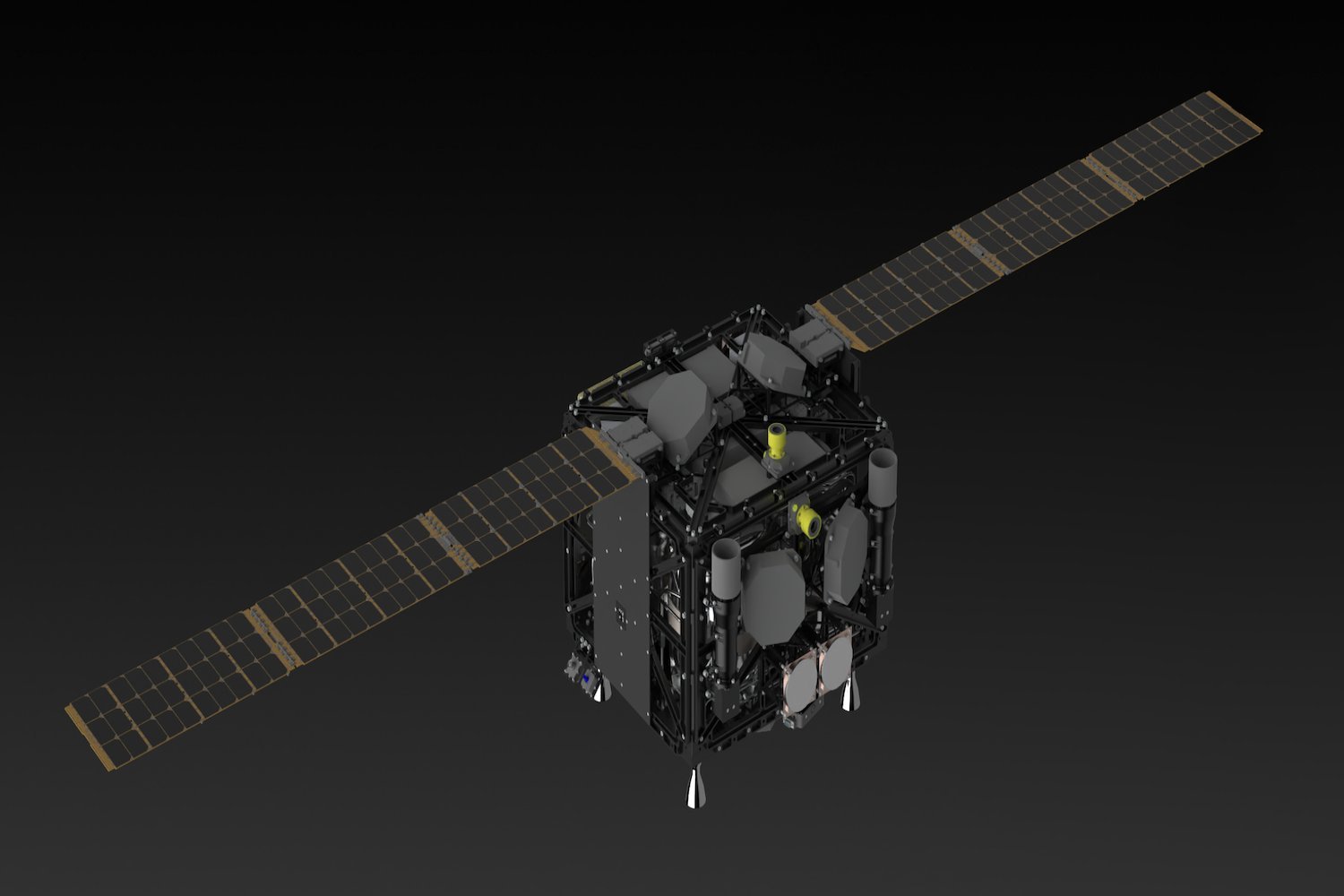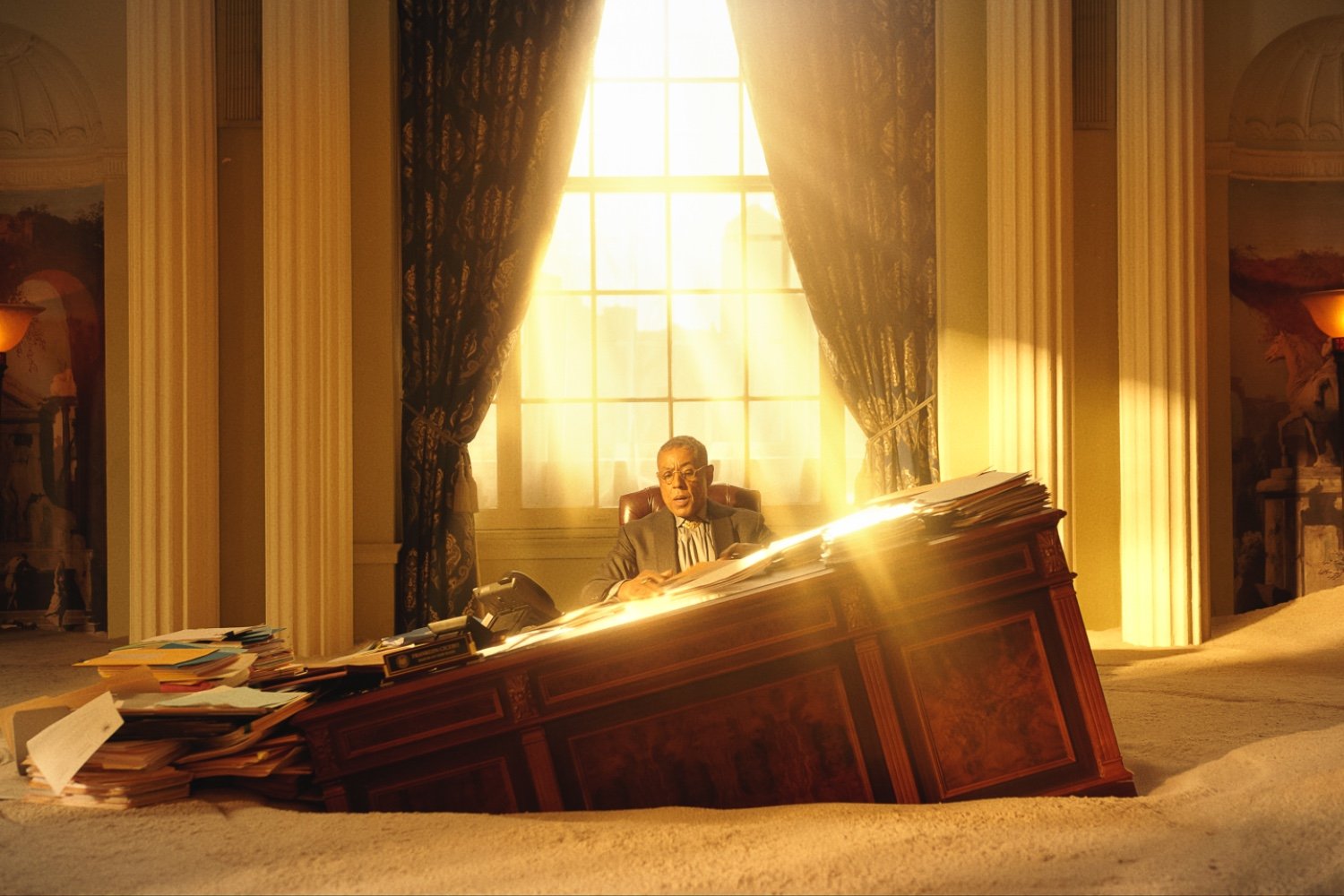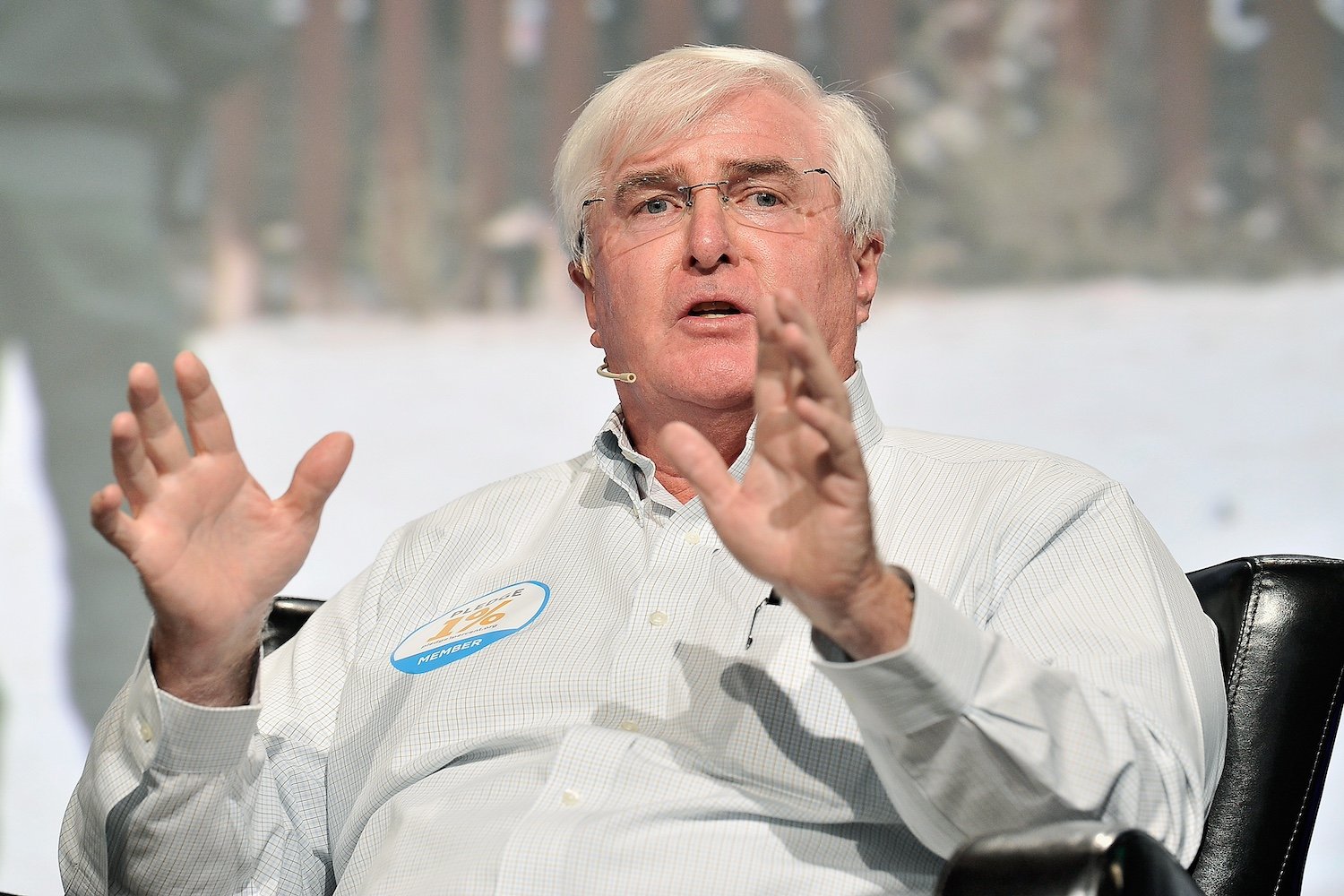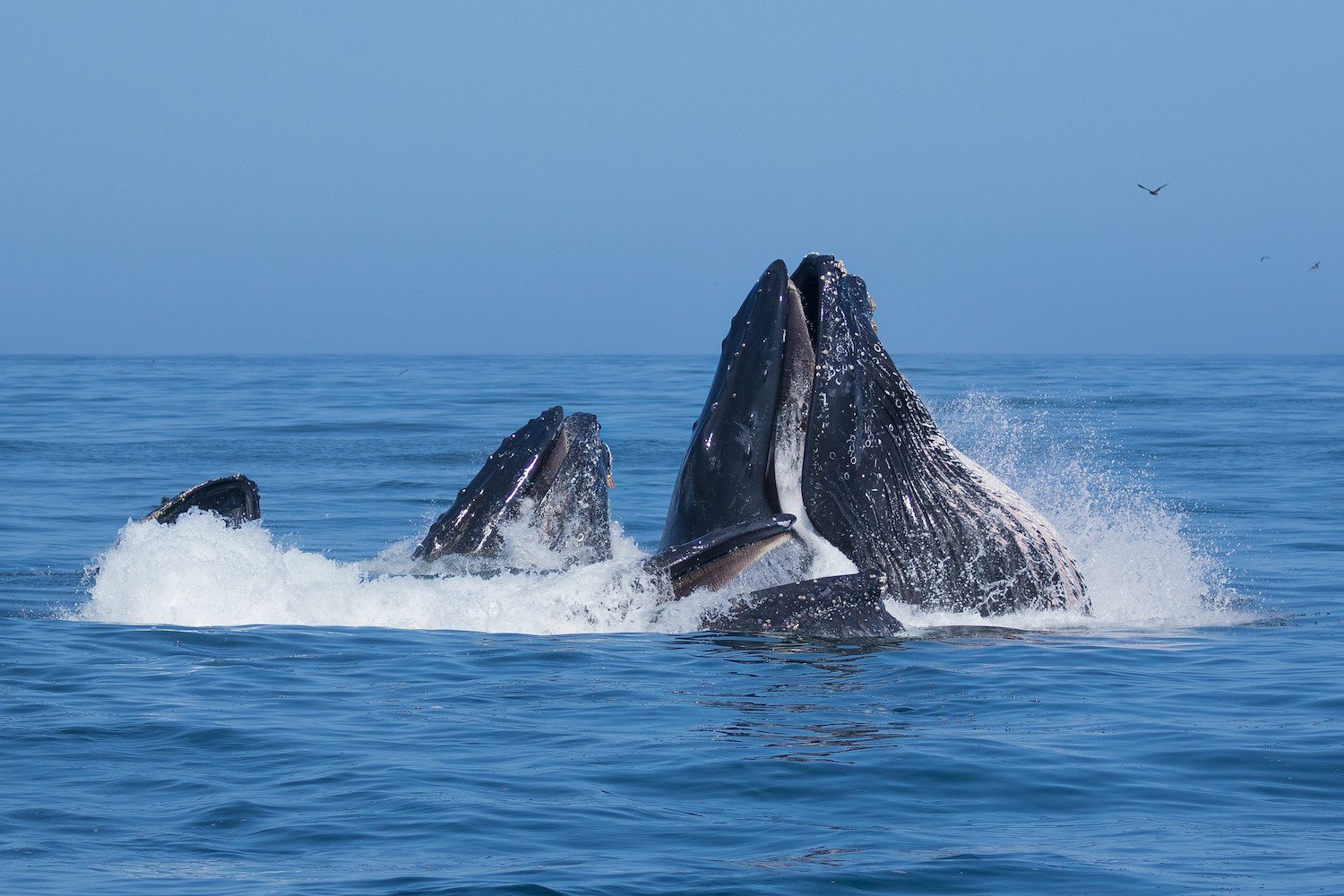Asteroid mining company AstroForge has hit the mother lode, though their windfall is terrestrial in nature. Founders Matt Gialich and Jose Acain said in a blog post they had secured a $40 Series A funding commitment from several venture capital sources, bringing the total raised by the company to $55 million.
“The horizon looks bright, and if we are successful, this will be a giant leap forward as we work to establish a new and untapped supply chain of raw materials for Earth,” the pair wrote.
While asteroid mining might seem outlandish, it’s an idea that at least some academics and entrepreneurs are taking it seriously. Numerous studies have examined the economic effects of mining precious metals and other resources from asteroids, while others have examined the feasibility of such projects.
Some recent space missions have proven mining can work, albeit on a tiny scale. NASA’s OSIRIS-REx rendezvoused with the asteroid Bennu and came back to Earth, depositing a canister containing a small amount of rock and dust in September 2023. Japan’s Hayabus2 spacecraft pulled off a similar feat in 2020. The Psyche spacecraft is currently on its way to the metal-rich asteroid of the same name, though there are currently no plans for the craft to return any samples. The technical challenges involved in asteroid mining are considerable, but it seems likely that attempts will continue as long as the economic incentives are there.
Even lawmakers have considered the ramifications of asteroid mining. In 2015, Congress passed the U.S. Commercial Space Launch Competitiveness Act, which included a clause stating that any American person or company involved in the “commercial recovery of an asteroid resource” would be entitled to own and sell any resources they obtained from it. However, the United Nations’ 1966 Outer Space Treaty states that celestial bodies are “not subject to national appropriation by claim of sovereignty” by states.
It hasn’t been entirely smooth sailing for AstroForge. In December, the company launched its first demo mission into space, but quickly ran into technical issues, with the company struggling to establish communications with their spacecraft. In the blog post, the founders said they plan to launch a second mission, named Odin, into deep space later in 2024. A third mission, dubbed Vestri, is scheduled for 2025 and will see the company attempt to land a spacecraft on a near-Earth asteroid.











Leave a Reply